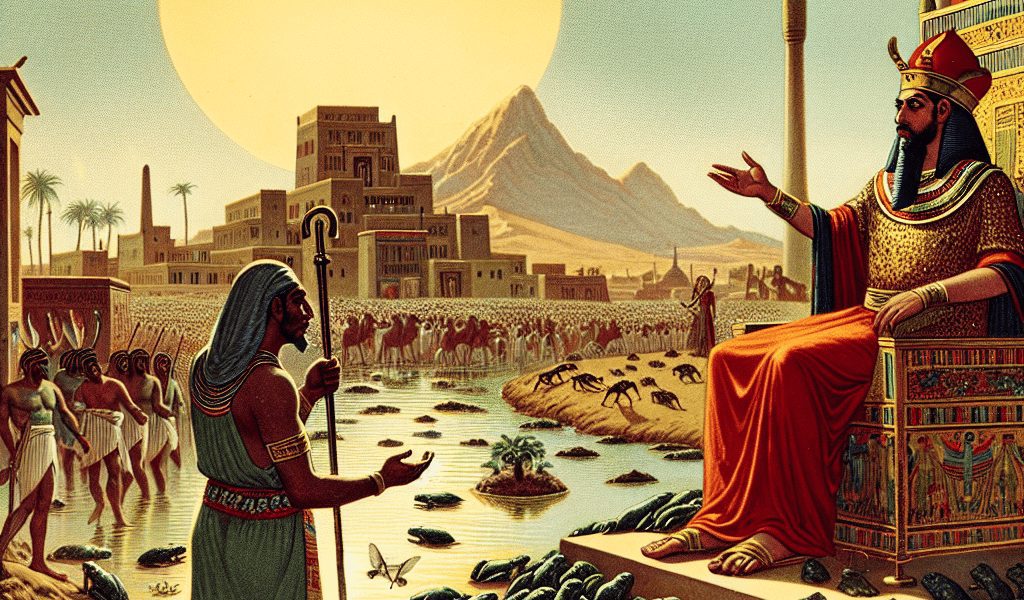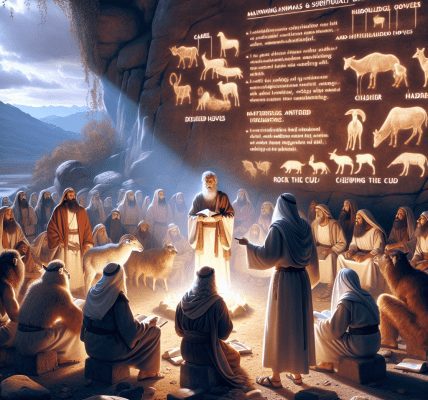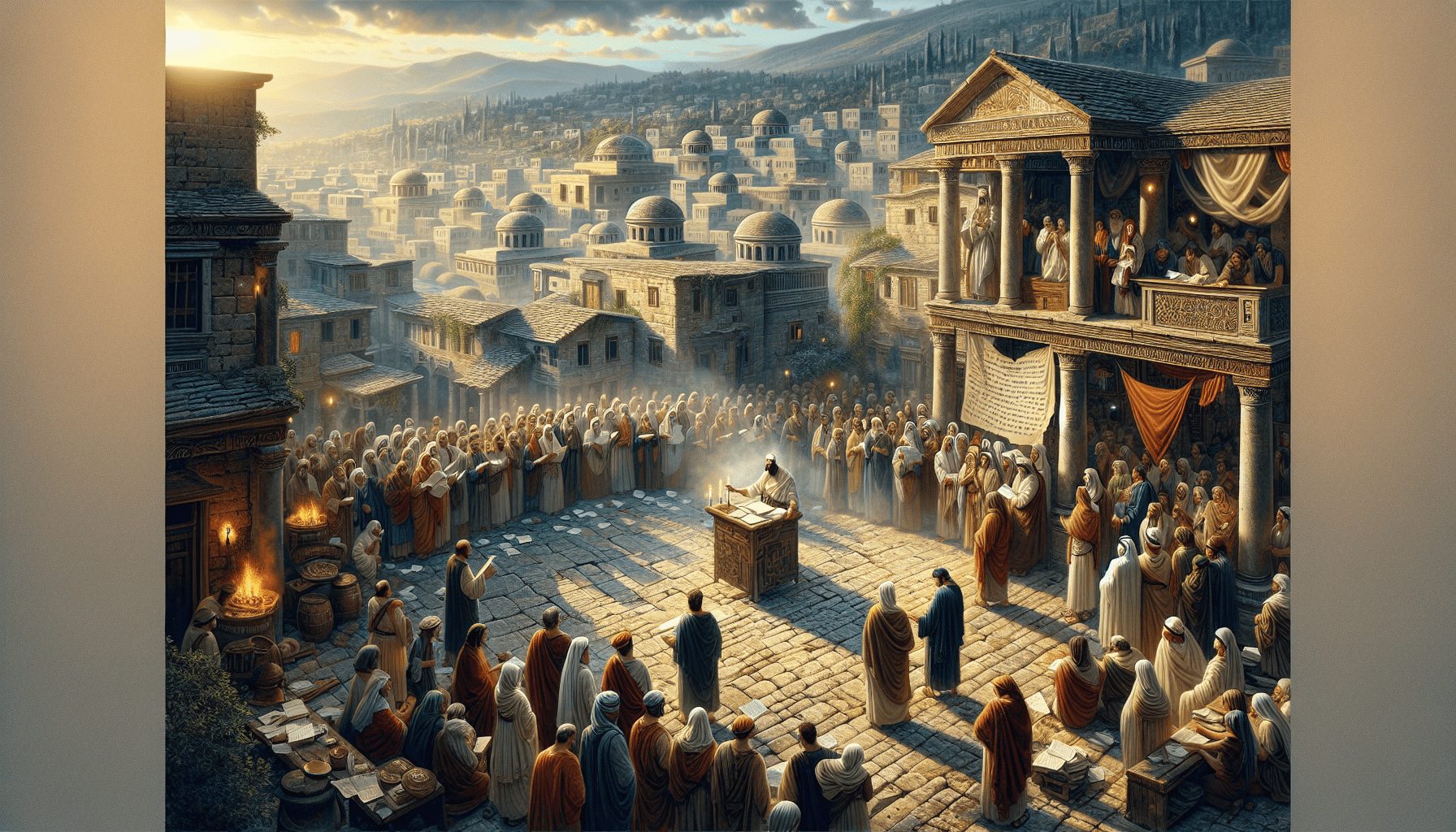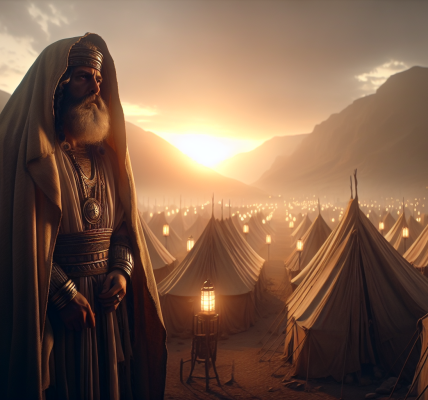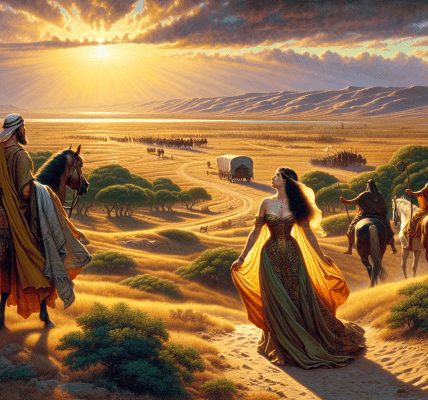Once upon a time, in the land of Egypt, a great and powerful king named Pharaoh ruled over the people. The children of Israel, who were under the bondage of the Egyptians, cried out to the Lord for deliverance from their oppressors.
God heard their cries and sent his servant, Moses, to speak to Pharaoh on their behalf. “Let my people go, that they may serve me,” declared the Lord through Moses.
But Pharaoh’s heart was hardened, and he refused to heed the voice of the Lord. So, the Lord sent a plague of frogs upon the land of Egypt. Frogs covered the land, invading Pharaoh’s house, his bedchamber, and the houses of his servants.
Despite the discomfort and distress caused by the frogs, Pharaoh still refused to let the Israelites go. So, the Lord sent another plague, this time turning the dust of the earth into lice. The magicians of Egypt tried to replicate this miracle but failed, acknowledging the power of the Lord.
Next, the Lord sent swarms of flies upon the land, bringing further devastation to the Egyptians. However, the land of Goshen, where the Israelites dwelt, was spared from this plague as a sign of God’s protection over His people.
Pharaoh, seeking relief from the plagues, promised to let the Israelites go and sacrifice to their God. But when the flies were removed as Moses had requested, Pharaoh’s heart was once again hardened, and he reneged on his promise.
Through these trials and tribulations, the Lord demonstrated His power and authority over all creation. He showed mercy to His people, the Israelites, and revealed Himself as the one true God. But Pharaoh’s stubbornness and pride led to further calamity as he continued to resist the will of the Lord.
The story of the plagues in Egypt serves as a powerful reminder of the consequences of disobedience and the faithfulness of God to deliver His people from bondage. It also highlights the importance of heeding the voice of the Lord and trusting in His providence.
